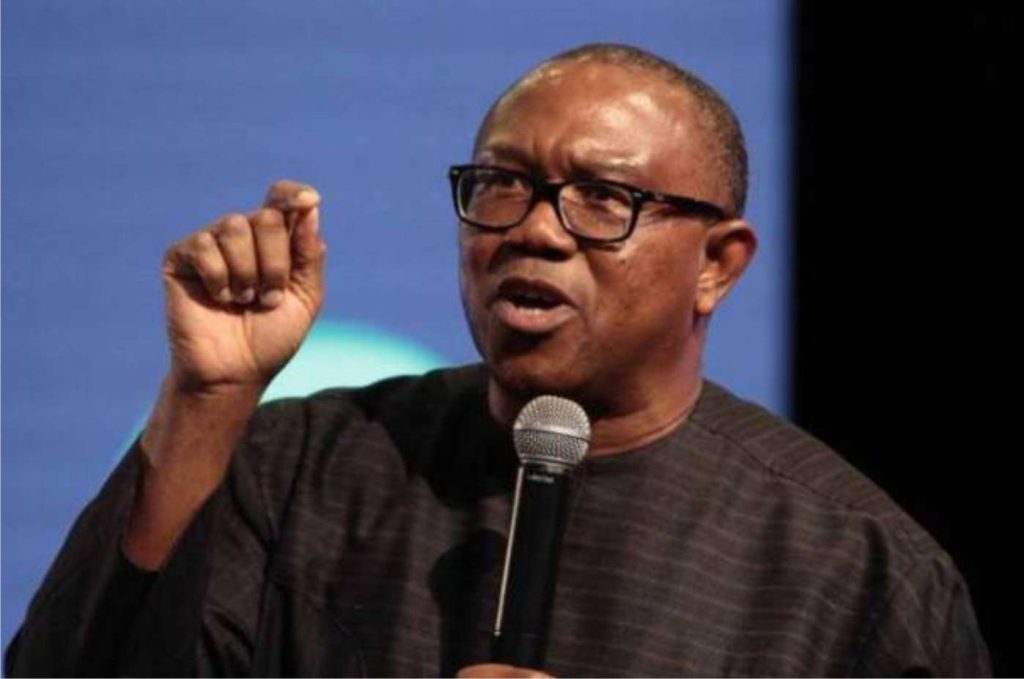
James Uche
Former Labour Party presidential candidate, Peter Obi, has described many of Nigeria’s internet fraudsters, popularly known as Yahoo boys, as young geniuses whose talents have been misdirected due to poor leadership and lack of opportunities.
Speaking on Saturday in Onitsha, Anambra State, Obi said that rather than condemning these youths outright, society should make efforts to reorient and redirect their creativity toward productive innovation and national development.
According to him, many of these young people possess rare intelligence and technical skills that could thrive in legitimate sectors if given proper mentorship and an enabling environment.
“Some of our so-called Yahoo boys are geniuses who need redirection, not condemnation,” Obi said. “Their creativity and courage, if properly guided, can drive innovation and national development.”
The former Anambra governor lamented that Nigeria’s system has failed to inspire its youths, leaving many to channel their brilliance into crime as a means of survival. He stressed that if the same ingenuity were invested in technology, manufacturing, and digital entrepreneurship, the country could unlock immense growth potential.
Obi noted that while money remains important, true wealth is measured by integrity, character, and purpose, not by material possessions or shortcuts.
“Real wealth uplifts both the individual and the society. It promotes education, reduces poverty, and creates opportunities for others to live dignified lives,” he stated.
He urged leaders to build systems that reward honesty, creativity, and hard work instead of corruption and greed. Obi maintained that the best way to reform erring youths is through education, empowerment, and mentorship, not stigma or punishment.
“Nigeria must stop destroying its young talents through neglect and condemnation,” he said. “We should invest in redirecting their intelligence to strengthen the digital economy, create jobs, and foster innovation.”
Obi’s remarks have since resonated with youth advocates and social commentators, many of whom say his message reflects the urgent need to rethink how Nigeria engages with its vibrant but underutilised young population.
